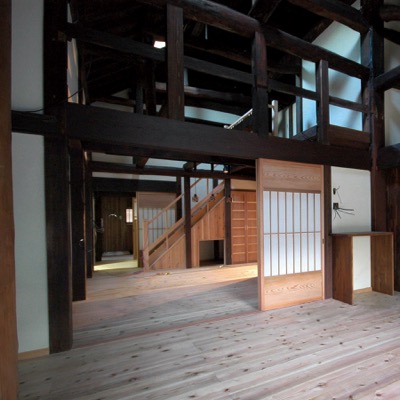NISHIAZABU 2018 Office_Nishiazabu_Tokyo
- OVERVIEW
-
- Use :
- Office
- Size :
- 160 ㎡
- Type :
- Renovation & New construction
- POSITION
- architect / designer / contractor / project manager / construction manager / consultant
First collaboration with a Danish company
Joy of intercultural collaboration on an architectural project
Importance of a international project
The client is a rapidly growing Danish IT company in the medical field specializing in the world's highest level 3D scanning technology. The most difficult part of international collaboration with a client from overseas is how to manage the overall architectural project, in addition to difficulty in the actual design and construction processes.
An architect who is capable of constantly responding to meticulous requests from Japanese clients is capable of providing design and construction services in international projects. On the other hand, management of an international project is the most challenging work, as we have to be very careful not to cause any miscommunication due to cultural differences in order to maintain good working relationships. It would be extremely difficult to restore mutual trust once it is broken.
Because Japanese people have been customarily used to "unspoken communication" based on "tacit undertanding", many of them are not good at intercultural communication. It is understandable that some people prefer working with domestic clients who understand "unspoken communication" and concentrate their energy on improving the quality of work rather than working with clients who are difficult to communicate with.
This kind of communication problem is common to people in other countries, too. But what makes a big difference is whether such introverted communication attitude is publicly acknowledged and people can survive with such introverted communication ability.
Due to such cultural backgrounds, very few small-sized architectural firms in Japan work with international clients. Only large-sized corporate architectural firms are capable of implementing and managing international projects. International projects generally put much burden on small-sized firms, and there is no reason for them to undertake such troublesome work.
But why are we i-ado willing to undertake international projects?
Our answer to the question is simply "because we enjoy working with them." To explain in more detail, the efforts to deepen mutual understanding beyond cultural differences urge us develop our abilities. They provide great opportunities to cultivate our senses while overcoming cultural gaps and friction.
It would be the most valuable experience to open a door to the most challenging world beyond one's ability. A man's curiosity for the unknown knows no limits.













